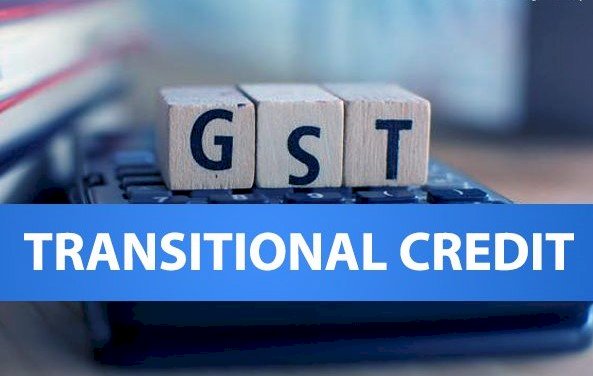Initiation of proceedings u/s 73 of the CGST Act for recovery of CENVAT credit carried forwarded in form Tran-1 is beyond the jurisdiction of the proper officer; Authorities can initiate proceedings under erstwhile regime laws: Jharkhand HC
The petitioner M/s Usha Martin Limited filed a writ petition before Hon’ble Jharkhand High Court against the order of jurisdictional CGST officer passed u/s 73 of the CGST Act demanding recovery of CENVAT credit along with interest and penalty. The petitioner carried forwarded such CENVAT credit in the electronic credit ledger by filing form tran-1 u/s 140 of the CGST Act. The ld. jurisdictional officer alleged that CENVAT credit transitioned into GST regime by the petitioner is wrongful under the provisions of Central Excise law (CEA), Finance Act 1994 (FA), Cenvat Credit Rules (CCR) and thus liable to recovered u/s 73 of the CGST Act.
Hon’ble Jharkhand High court observes that the SCN alleges the contravention of provisions of CEA, FA and CCR. It observes that the adjudicating authority does not hold that the transition of CENVAT Credit under Section 140 of the C.G.S.T. Act by the petitioner and relating to the period just before the appointed date i.e. 1st July, 2017 are not one which are inadmissible to be credited in terms of section 16 (2) of the C.G.S.T. Act. Similar SCN were issued to the petitioner under the erstwhile regime law which are pending adjudication before the learned CESTAT or the Commissioner (Appeals) for different periods and in some of which the petitioner has already got a stay by the learned CESTAT.
Further, HC remarks that there are no allegations against the petitioner that he had not furnished his returns required under the existing law for the period of six months immediately preceding the appointed date as per clause (ii) to the proviso to Section 140.
HC remarks that Section 73 of the CGST act does not speak of CENVAT Credit as C.G.S.T. Act does not provide for CENVAT Credit rather the term has been subsumed in the expression input tax credit both relating to the supply of good or services. HC opines that adjudication of admissibility of CENVAT Credit under the existing law by invoking provisions of Section 73 of the C.G.S.T. Act was not proper in the eye of law.
HC while deciding a question whether a registered person could transition inadmissible CENVAT Credit of the existing regime to the G.S.T. regime under Section 140 of the C.G.S.T. Act without any check or proceeding against him, remarks that for a violation under the existing law, parallel proceedings could not be conducted under the existing law at the behest of jurisdictional officer and at the same time under the new law at the instance of another jurisdictional officer of the G.S.T. Act.
HC referring to the repeal and saving under provisions of Section 174 of the CGST act remarks that the competent jurisdictional officer may initiate proceedings under the existing law that is the C.E.A. and Finance Act for the any alleged contravention under such laws.
Hon’ble HC held that the initiation of proceedings by respondent no. 1 under section 73 (1) of the C.G.S.T. Act, 2017 for alleged contravention of the C.E.A. and Finance Act, read with C.C.R. against the petitioner by filing TRAN 1 in terms of Section 140 of the C.G.S.T. Act for transition of CENVET Credit as being inadmissible under the existing law was beyond his jurisdiction. Further, the order of adjudicating authority was quashed.
TS-609-HCJHAR-2022-GST-Order_dated_10_11_2022_Usha_Martin_Final
click herein below to download the judgement
Article written by CA. Ankit Karanpuria – feedback if any can be send to ankit.karanpuria@aasklegal.com
Disclaimer:
The information provided in this update is intended for informational purposes only and does not constitute legal opinion or advice. Readers are requested to seek formal legal advice prior to acting upon any of the information provided herein. This update is not intended to address the circumstances of any particular individual or corporate body. There can be no assurance that the judicial/ quasi judicial authorities may not take a position contrary to the views mentioned hereinrra quis.
